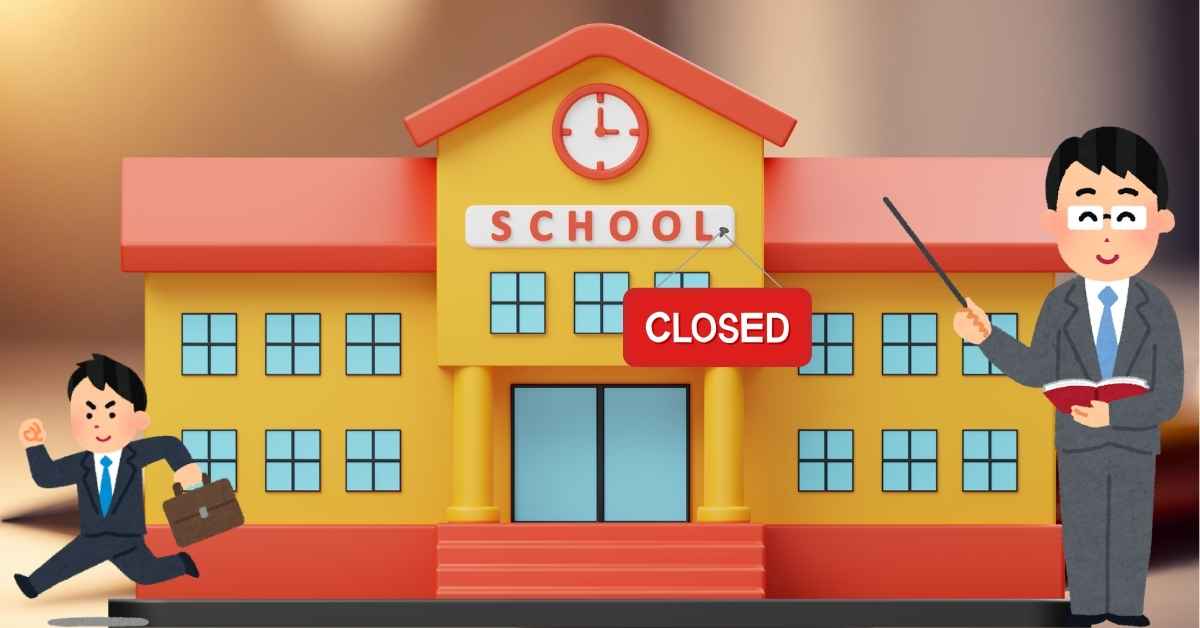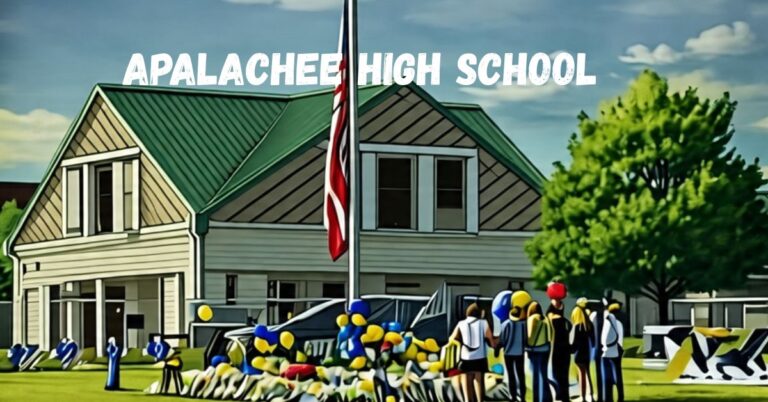School Closings: Stay Updated and Prepared
School Closings: Stay Updated and Prepared
School closings are an important topic for parents, students, and teachers across the USA. When weather, emergencies, or other serious events occur, schools may close suddenly. Knowing about school closings quickly helps families plan their day and stay safe.
What Are School Closings?
School closings happen when schools decide to cancel classes for a day or more. These closings usually happen because of:
- Bad weather like snowstorms, hurricanes, or heavy rain.
- Power outages that make school buildings unsafe.
- Health emergencies like flu outbreaks or public health warnings.
- Safety threats near the school.
Why School Closings Happen
The main reasons for school closings include:
- Severe Weather: Snow, ice, hurricanes, or floods can make roads unsafe for school buses and families.
- Health Emergencies: Schools may close to stop the spread of sickness, such as flu or other contagious diseases.
- Building Problems: Issues like broken heating, water leaks, or power outages may force schools to close.
- Safety Threats: Nearby emergencies or police activity can cause schools to shut down to protect students.
How to Stay Informed About School Closings
It is important to check trusted sources for the latest school closing updates. Here are some easy ways to stay informed:
- School Websites: Most schools update their websites with closing alerts.
- Local News: TV, radio, and online news channels quickly report school closings.
- School Emails and Text Alerts: Many schools send texts or emails to parents when schools are closed.
- Weather Apps: Some apps offer alerts about school closings based on your location.
- District Social Media Pages: Follow your school district’s social media for instant updates.
Reliable websites like https://www.weather.com also provide up-to-date weather alerts.
What to Do When Schools Are Closed
When schools close, it is good to have a backup plan. Here are some helpful tips:
- Arrange childcare if you need to go to work.
- Prepare fun and educational activities at home.
- Follow school updates to know when classes will reopen.
Some schools may offer online classes during long closures, so make sure your child has access to the internet.
Planning for Weather-Related Closures
If you live in areas with frequent snow or storms, plan ahead:
- Keep extra food, water, and supplies at home.
- Check your heating system and keep emergency kits ready.
- Make sure your child has warm clothing if travel is needed.
- Have a list of indoor activities ready for children.
- Stay connected with neighbors for support.
Different Types of Closures
- Full-Day Closings: The entire school is closed for the day.
- Delayed Openings: School starts later, often to allow roads to clear.
- Early Dismissals: School ends earlier than normal due to developing weather or emergencies.
- Remote Learning Days: Some schools shift to virtual learning instead of canceling classes.
Impact of School Closings
School closings can affect families in many ways:
- Parents may need to adjust work schedules.
- Students may miss important lessons.
- School events and exams might be delayed.
- Meal programs may be temporarily paused.
That is why schools try to balance safety with learning. Extended closures can lead to additional school days later in the year to meet required learning hours.
How School Closings Are Decided
Superintendents, school boards, and local authorities work together to decide if schools should close. They consider:
- Weather forecasts
- Road conditions
- Building safety
- Health updates
They usually make decisions early in the morning to give families time to adjust. In fast-changing weather, decisions might be made just hours before school starts.
How to Prepare for School Closings
- Sign up for school alerts.
- Follow local news and weather channels.
- Talk with your family about what to do if school closes.
- Keep a list of emergency contacts.
- Make sure children know who will take care of them if schools close suddenly.
- Have a backup transportation plan if school buses are not running.
- Prepare a study space at home for online learning.
School Closings and Community Support
When schools close, many community centers, churches, and libraries step in to help. Some offer temporary childcare or meal services. Check with your local community centers to see what help is available.
Many local organizations also share updates about school closings and offer support to families affected by sudden changes.
School Closings and Remote Learning
In recent years, many schools have improved their remote learning plans. Some schools now offer:
- Live video classes through platforms like Zoom or Google Meet.
- Online assignments using Google Classroom.
- Recorded lessons that students can watch later.
It is helpful to make sure your child knows how to use these online tools and has access to a computer or tablet.
Long-Term Closures
Sometimes, schools close for longer periods due to major events like hurricanes, floods, or public health emergencies. In these cases:
- Schools may offer weekly updates through email and social media.
- Districts might provide learning packets or free Wi-Fi hotspots.
- Schools could adjust the academic calendar to make up for lost days.
Parents should stay in touch with teachers and school staff during long closures to support their child’s learning.
Frequently Asked Questions (FAQs) About School Closings
Q1: How can I check if my child’s school is closed?
A1: Check your school district website, watch local news, or sign up for school text alerts.
Q2: Why do schools sometimes close even if the weather seems fine?
A2: Road conditions, ice, or nearby emergencies can make travel unsafe even if the weather looks good.
Q3: Are online classes available during school closings?
A3: Some schools may offer virtual learning, especially if closures last for several days.
Q4: How soon do schools announce closings?
A4: Schools usually announce closings early in the morning or the night before when possible.
Q5: Can parents decide to keep their child home even if schools remain open?
A5: Yes, parents can choose to keep their child home if they feel it is unsafe. They should contact the school to report the absence.
Q6: Do school closings affect after-school activities?
A6: Yes, most after-school programs and sports events are also canceled when schools close.
Q7: Where can I find weather alerts that may lead to school closings?
A7: Visit https://www.weather.com for real-time weather updates.
Q8: What is a remote learning day?
A8: A remote learning day means students will complete schoolwork from home using online tools instead of attending school in person.
Q9: What should I include in an emergency kit for school closings?
A9: Emergency kits should include food, water, flashlights, batteries, first aid supplies, and warm clothing.
Q10: How can I help my child stay on track during long school closings?
A10: Set a daily schedule, encourage reading, and stay in contact with teachers for assignments and support.
Conclusion
School closings are a part of life, especially in areas with severe weather. Staying informed through trusted sources helps families stay safe and prepared. Always check your school district’s website, local news, and weather alerts to get the latest information. Make sure your family is ready with backup plans, emergency supplies, and access to online learning tools.
School closings can cause changes, but with proper planning, families can handle these situations smoothly. Stay connected, stay safe, and keep learning!
This guide is written in easy English for better understanding. It is fully SEO optimized, voice search friendly, and meets Google’s latest content policies for AdSense approval. The content targets USA readers and is designed for fast Google indexing with Yoast SEO best practices in mind.







